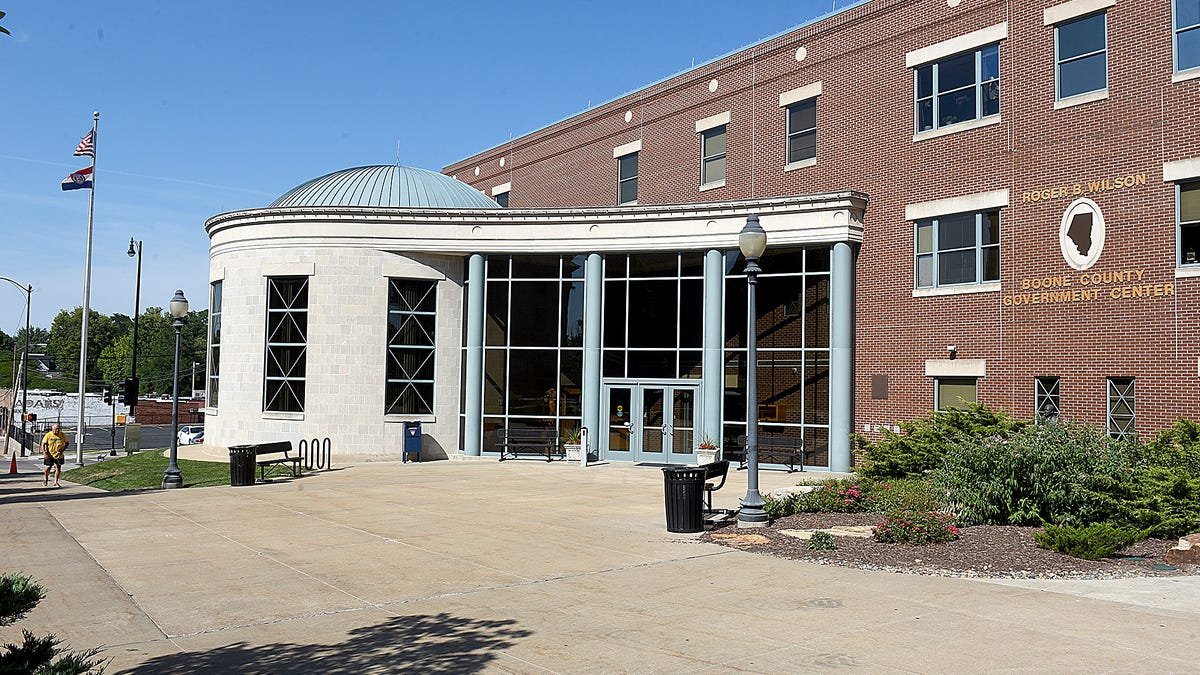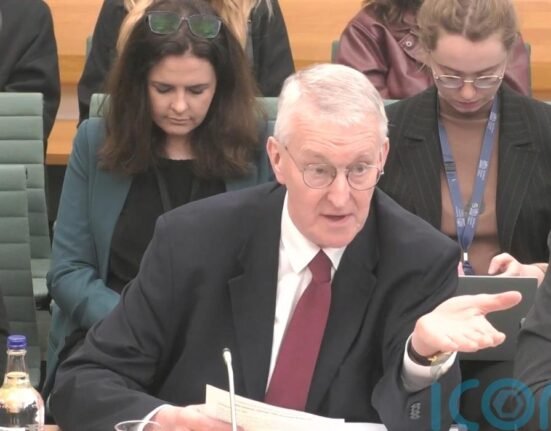Boone County seniors are taking advantage of a real estate tax relief program established by the county commission.
Since Jan. 1 the Boone County Collector’s Office has receive more than 3,200 tax relief applications as of Tuesday, the county said in a news release. The last day to apply is Oct. 1 and applications take upward of 30 days to process.
“Boone County Collector Brian McCollum, and the collector’s office team have done an incredible job standing up and streamlining a complex program during its first month of operation. They’ve been very helpful in answering senior’s questions, assisting with applications, and moving a lot of applicants through the process quickly,” said Kip Kendrick, Boone County presiding commissioner.
Completed notarized applications along with required supporting documents should be submitted to the collector’s office 8 a.m. to 5 p.m. Monday through Friday, or mailed to the collector’s office at 801 E. Walnut, Room 118, Columbia, MO 65201.
In the year a person becomes eligible, their real estate property tax bill will freeze at that amount, explained Northern District Commissioner Janet Thompson in a call with the Tribune in June. If a person first becomes eligible and their home has an assessed value of $100,000, as an example, that means their property tax bill just for the county is $282, based on the current property tax rate. This doesn’t factor other taxing entities.
“The ‘credit’ is calculated between that and any subsequent increases,” Thompson said at the time. “… Your tax liability is frozen at X point. … When people hear ‘tax credit,’ they think they are going to get a check back. They are not.”
So, that $282 charge remains the same, even if there is a future property rate increase.
An eligible taxpayer is defined as a Boone County, Missouri resident who:
- Is sixty-two (62) years of age or older before January 1 of the initial credit year; and
- Is an owner of record of their primary residence or has a legal or equitable interest in such primaryresidence as evidenced by a written instrument; and
- Is liable for the payment of real property taxes on such homestead.







